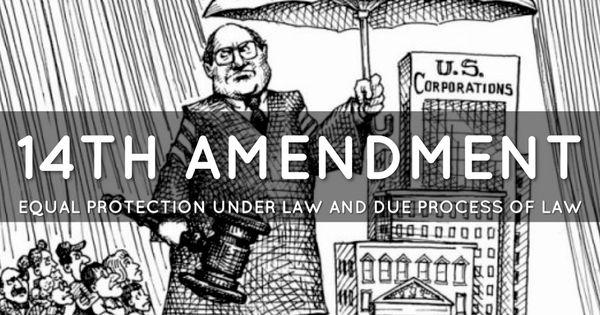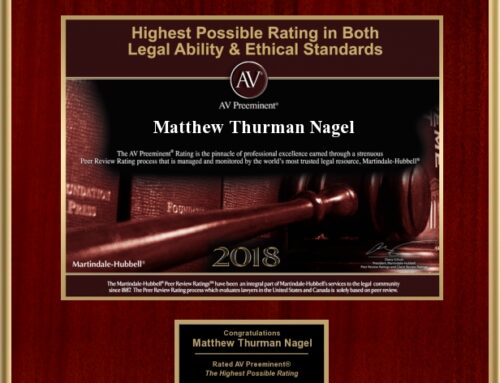Happy Law Day, America!

What is Law Day?
In 1958, President Dwight D. Eisenhower declared that May 1st would be celebrated as Law Day in the United States of America. Law Day the idea of Charles S. Rhyne, who served as the President’s legal counsel and President of the American Bar Association.
The official purpose of Law Day is for the American people to celebrate ” in appreciation of their liberties and the reaffirmation of their loyalty to the United States and of their re-dedication to the ideals of equality and justice under law in their relations with each other and with other countries.” We are also appreciating “the cultivation of the respect for law that is so vital to the democratic way of life.”
Every year the American Bar Association chooses a new theme for Law Day. In 2017, the Law Day Theme is “The 14th Amendment: Transforming American Democracy.”
Some countries also celebrate May 1st as “May Day” to commemorate and remember the struggles of workers fighting for better wages and working conditions.
Do I Get Off Of Work for Law Day?
Unfortunately, no.
What is the 14th Amendment?
The Fourteenth Amendment to the United States Constitution was adopted on July 9, 1868 and is known as the Equal Protection Amendment. The 14th Amendment was adopted shortly after the American Civil War as an effort to address citizenship rights and equal protection of the laws for African Americans who were released from slavery by the 13th Amendment and the Emancipation Proclamation. The Citizenship Clause of the 14th Amendment overturned the Dred Scott v. Sandford case, which had held that Americans descended from African slaves could not be citizens of the United States.
The 14th Amendment is one of the most highly litigated portions of the U.S. Constitution – i.e. people file a lot of lawsuits over what it means and how it applies to their situation. The 14 Amendment was the basis and at the heart of some of our country’s most famous court cases: Brown v. Board of Education (1954) abolishing racial segregation, Roe v. Wade (1973) permitting abortion, Bush v. Gore (2000) establishing the winner of the 2000 presidential election, and Obergefell v. Hodges (2015) regarding same-sex marriage.
Click here to visit the Library of Congress’ information about the 14th Amendment.




